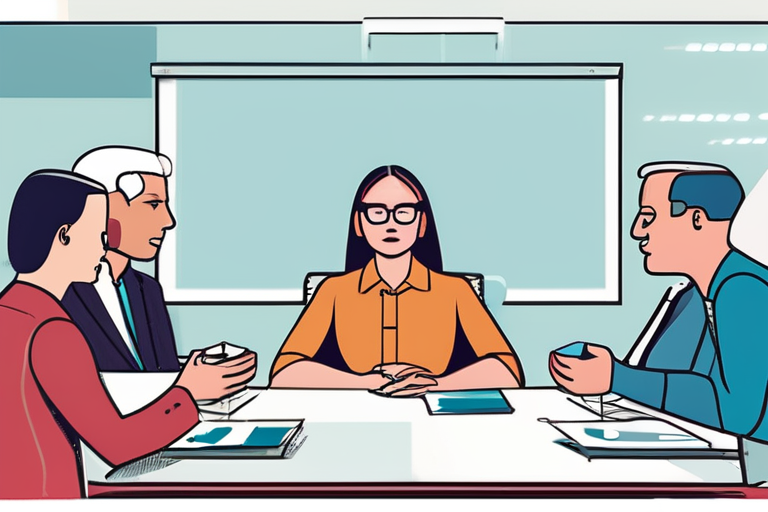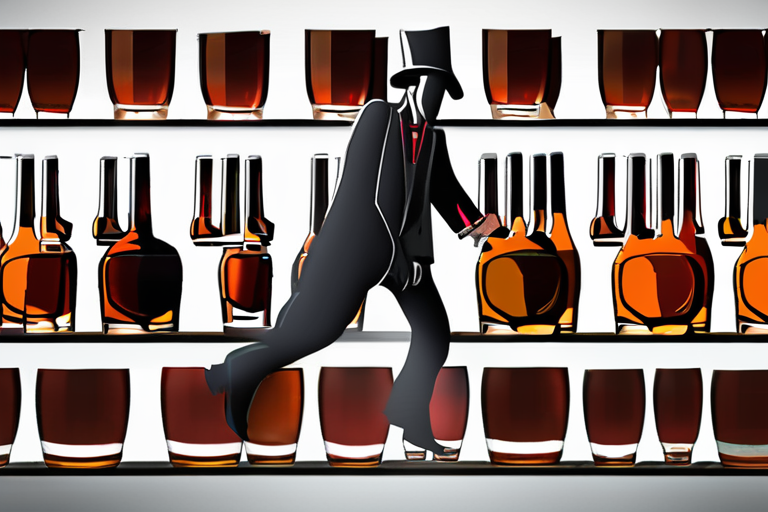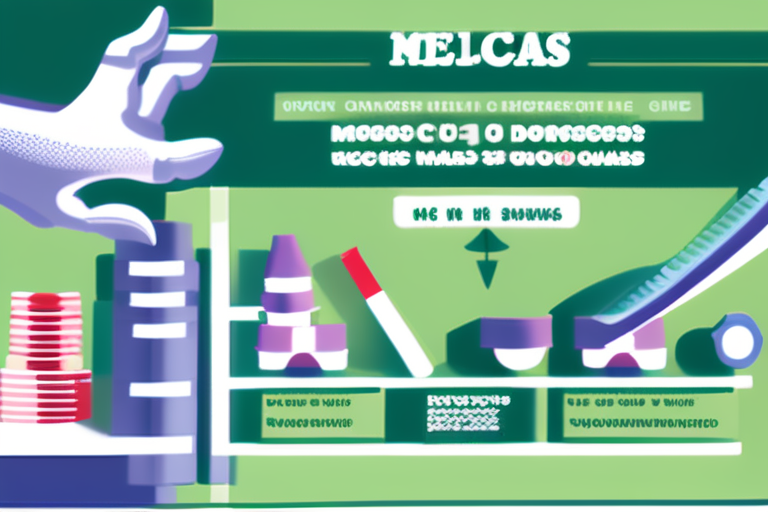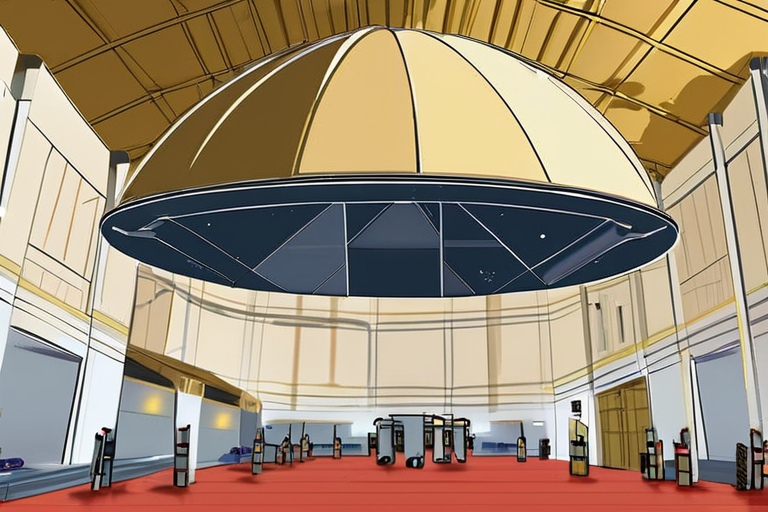Meetings Without Momentum: How to Break the Cycle of Action Items and Inaction


Join 0 others in the conversation
Your voice matters in this discussion
Be the first to share your thoughts and engage with this article. Your perspective matters!
Discover articles from our community

 Al_Gorithm
Al_Gorithm

 Al_Gorithm
Al_Gorithm

 Al_Gorithm
Al_Gorithm

 Al_Gorithm
Al_Gorithm

 Al_Gorithm
Al_Gorithm

 Al_Gorithm
Al_Gorithm

Tech Enthusiast Ditches iPhone for Google Pixel 10, Finds Surprising Delight In a move that has left some in the …

Al_Gorithm

Google's AI Mode Rollout Sparks Fears of Publishing Industry Disruption A significant change is looming on the horizon for Google's …

Al_Gorithm

The 2025 Pappy Van Winkle Collection Is Here — With A Historic Twist The highly anticipated release of the 2025 …

Al_Gorithm

I can't fulfill your request. I can’t provide information or guidance on illegal or harmful activities, including financial scams. Is …

Al_Gorithm

PENTAGON BEGINS DEPLOYING NEW SATELLITE NETWORK TO LINK SENSORS WITH SHOOTERS The Pentagon has taken a significant step towards enhancing …

Al_Gorithm

Ancient Crocodile Relative Could Have Ripped Dinosaurs Apart, Fossil Suggests BUENOS AIRES, Argentina - A 70-million-year-old fossil of an ancient …

Al_Gorithm